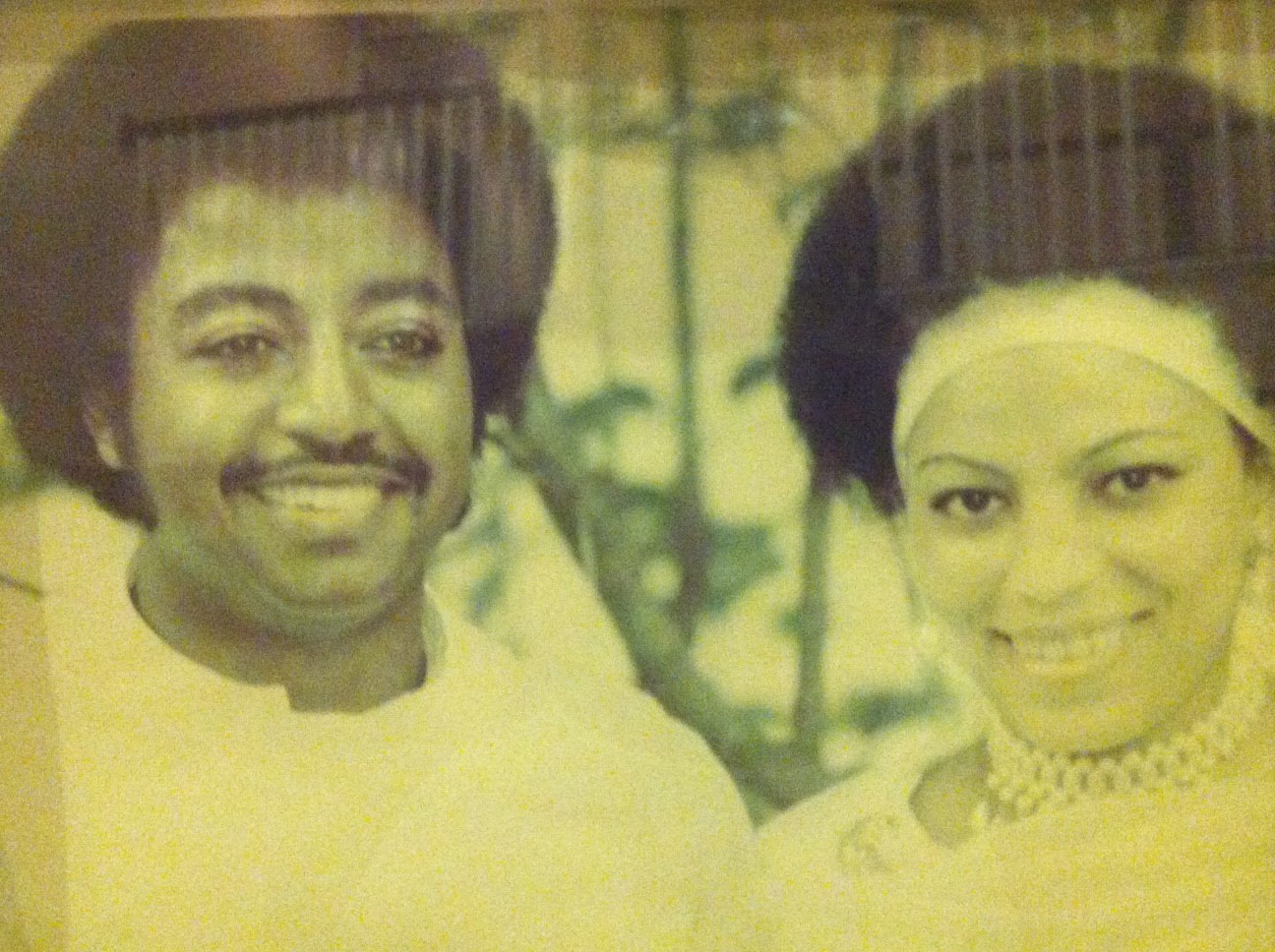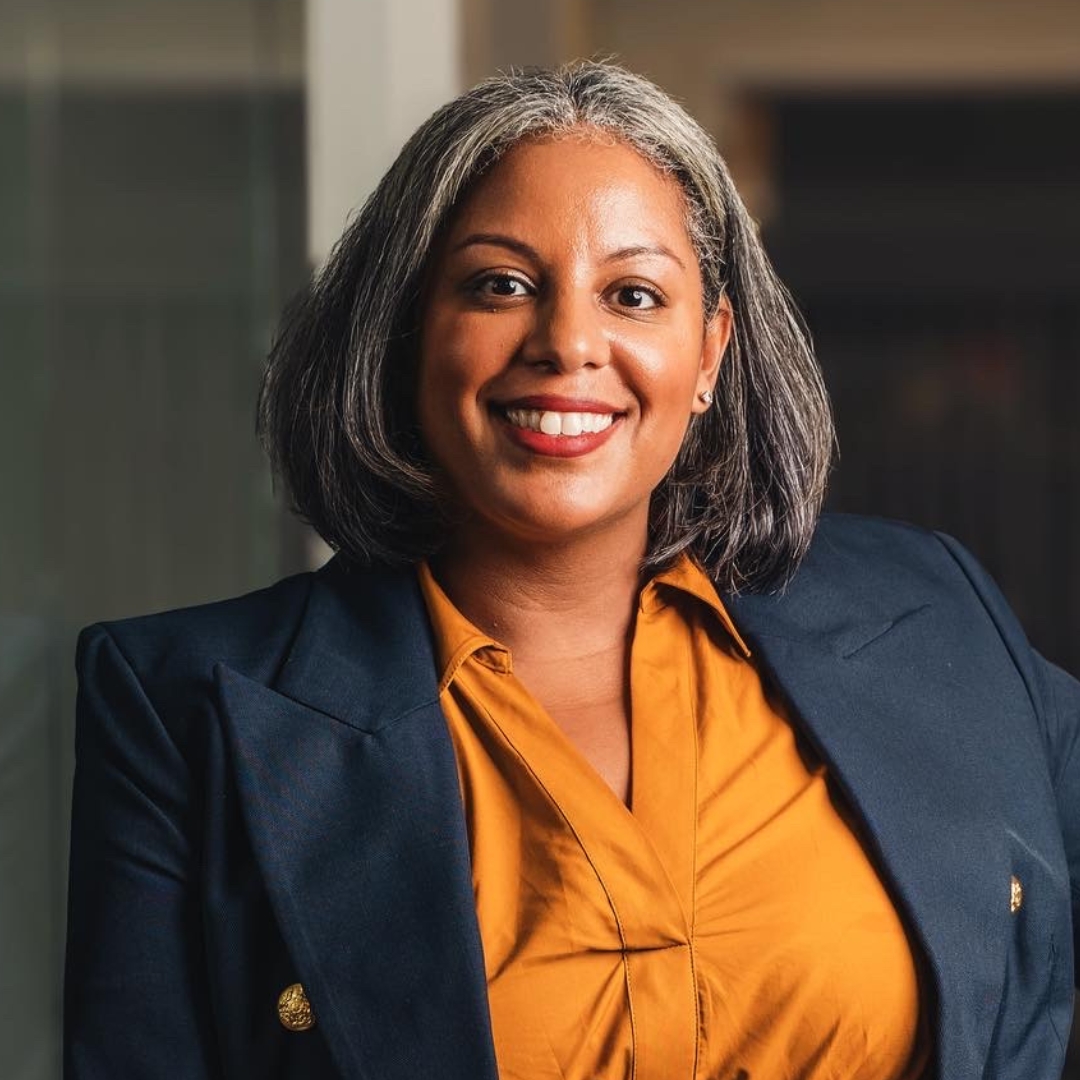 As June ushers in National Immigrant Heritage Month, it is a time to reflect upon and celebrate the success of our diverse experiment called America. Given the importance of this moment, I thought I would take a moment to share my story as a child of two immigrants.
As June ushers in National Immigrant Heritage Month, it is a time to reflect upon and celebrate the success of our diverse experiment called America. Given the importance of this moment, I thought I would take a moment to share my story as a child of two immigrants.
My parents emigrated from Ethiopia to the United States in the early ‘70s. My father first lived in Harlem, while my mother took residence with a host family in Middletown, CT. Looking back now, I can only imagine the mix of anxiety and hope they felt when they made the decision to leave their family and friends in search of a better life and new opportunities.
My parents were lucky, they had some level of foundational support and encouragement when they arrived, but they still had to work incredibly hard to finish college, while working two or three jobs at a time. My father studied engineering and eventually became a civil engineer and my mother focused on accounting. After they were married, they settled in Connecticut and began to build a family and create a better opportunity for their children.
Growing up in a small town in Connecticut in the ‘80s and ‘90s, my two older brothers and I had no idea how fortunate we truly were. While Connecticut wasn’t a bustling melting pot, I grew up in a safe bubble – full of love, happiness and most importantly the hope of the American Dream. I grew up truly believing that I could accomplish anything I set my mind to and my dreams were completely within reach. At the core, this is the reason why my parents, and millions of other immigrants come to America – to dream and create a brighter pathway for their children and future generations.
Growing up, my parents worked extremely hard to make sure we were well cultured. They were very proud of their Ethiopian roots and wanted to ensure my brothers and I developed the same level of passion and pride that they had for our culture. I remember my dad would spend weekends teaching us the Ethiopian alphabet and Amharic, the predominant language of Ethiopia, was spoken in the house. Our parents also had a diverse group of friends and would host parties for all sorts of occasions – celebrating both American holidays along with Ethiopian and other cultural traditions.
For many, starting a new life while supporting a family would have been more than enough to juggle, but for my parents, who had a first-hand understanding of the plight of so many immigrants, helped establish the Ethiopian Community Center of Connecticut to assist other Ethiopian and African immigrants. The Center assisted new immigrants with housing, jobs and overall guidance on how to navigate new land. My parents also helped countless family and friends – often times providing temporary housing and financial support.
While we were certainly blessed, growing up as a first-generation American wasn’t easy, it was challenging at times to figure out where I fit in. For starters, the first day of class was always interesting – teachers were used to names like Sarah, Jennifer and Kimberly, not Messellech. It wasn’t until very recently that I even started using a nickname professionally – my parents were very adamant that friends, teachers and others learned to pronounce my name. Also, the other kids… and teachers weren’t always understanding or culturally aware. I recall being “randomly” selected by a teacher to explain the significance of Kwanza – a holiday that I never celebrated or understood myself.
While the teasing and prodding of my childhood left some great stories to look back upon, today immigrants are faced with many real challenges. We live in a world where it’s easy to compartmentalize, and label people instead of learning their story and realizing that most Americans belong to a pluralistic ancestry, rather than one label. Considering that there are more than 19 million first-generation Americans currently living with us, it is my hope, that we, as a nation, will continue to celebrate and encourage diversity.
The reason I am sharing my story is not because I want people to focus on the barriers that my family or I had to overcome, but rather for people to understand what I have taken away from this experience. Today, I am a proud child advocate because when I see public policies, practices and societal institutions that pose significant barriers to opportunities for who are “different”, I realize that my children, regardless of income bracket, will inevitably fall into this category.
The reality is children of immigrant families, the majority of whom are of color, face disadvantages, including poverty, lack of health insurance, substandard housing, and language barriers. These inequities question our sense of fundamental fairness and could negatively impact the lives of all children. Our role, as Americans, is not only to protect the American Dream, but to also ensure all children grow up believing that they can achieve anything they want to by working hard and until this rings true, our work is not complete.
In The Shadow of Sacrifice: Immigrants Pursue the American Dream @SelleyAbebe @First_Focus: bit.ly/1L3gbWp #ImmigrantHeritageMonth
![]() Tweet this now.
Tweet this now.
Want to learn more? First Focus is a bipartisan advocacy organization dedicated to making children and families the priority in federal policy and budget decisions. Read more about the First Focus Center for the Children of Immigrants.
Want to get involved? You can support our work for the children of immigrants by making a donation or joining our mailing list to receive updates and action alerts on this issue.
